You have probably experienced at least once that, after staying in the same position for a long time, you feel a part of your body “go to sleep”. Then when you try to move, you start to feel pins and needles there.
Sometimes it gets so uncomfortable that you don’t even want to move. If you are wondering how to stop this and why it happens, you have found the right article.
We decided to do an online search to find out more about this horrible tingling sensation and see if there is anything we can do to make it stop forever.
Spoiler alert: There’s not. But at least you can decrease the chances of that happening!
What This Tingling Sensation Is Actually Called
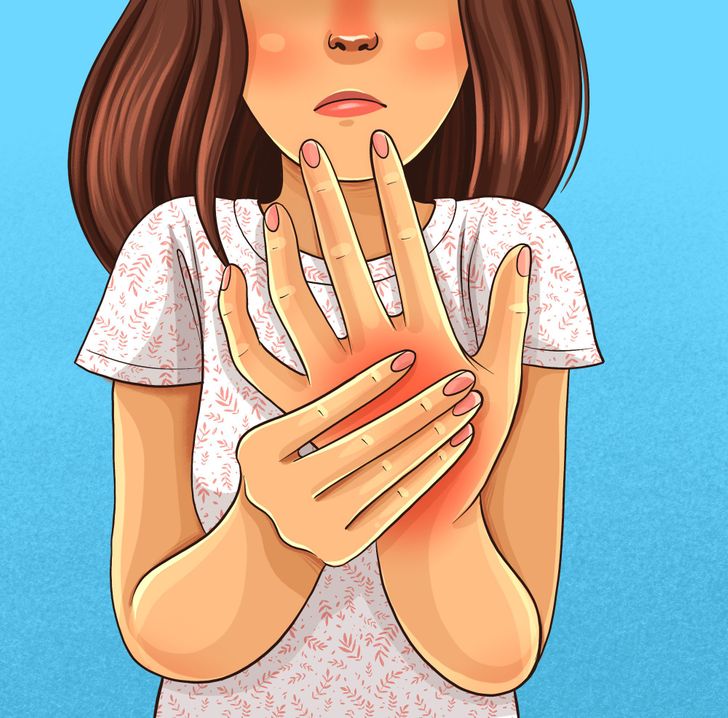
According to the National Institute of Neurological Diseases and Stroke, the feeling of numbness, as well as the burning or prickling in the body, is called paresthesia.
This is usually felt in the hands, arms, legs, or feet, but it can occur in other parts of the body as well.
You’ve probably had that feeling before, it’s like a flock of ants crawling across that part of your body and it can be very uncomfortable.
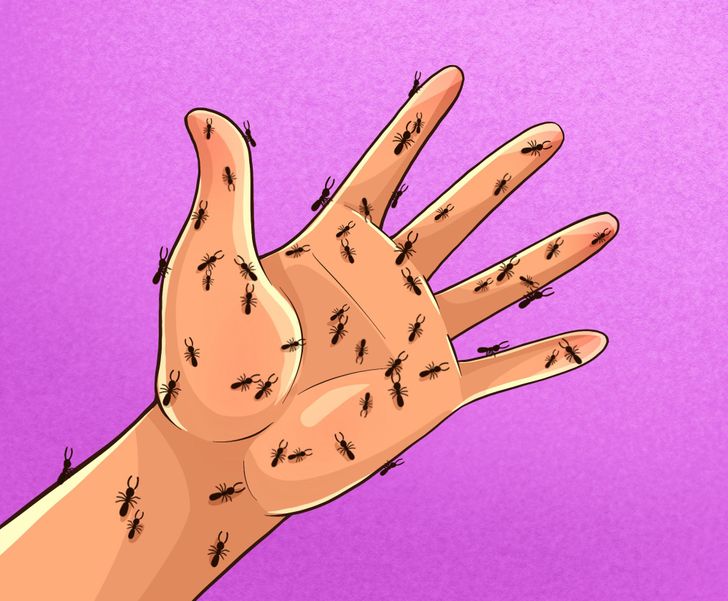
A study that analyzed the sensations that arouse in the extremities when applying pressure shows that this numbness usually appears without warning.
This is because the subject generally does not realize when the feeling begins. In addition, it does not always cause pain, but mainly discomfort.
Millions of people around the world are subject to this type of annoyance, especially those whose profession can limit their physical mobility, such as office work, where it is common to spend long hours sitting.
When Does The Loss Of Sensation Occur
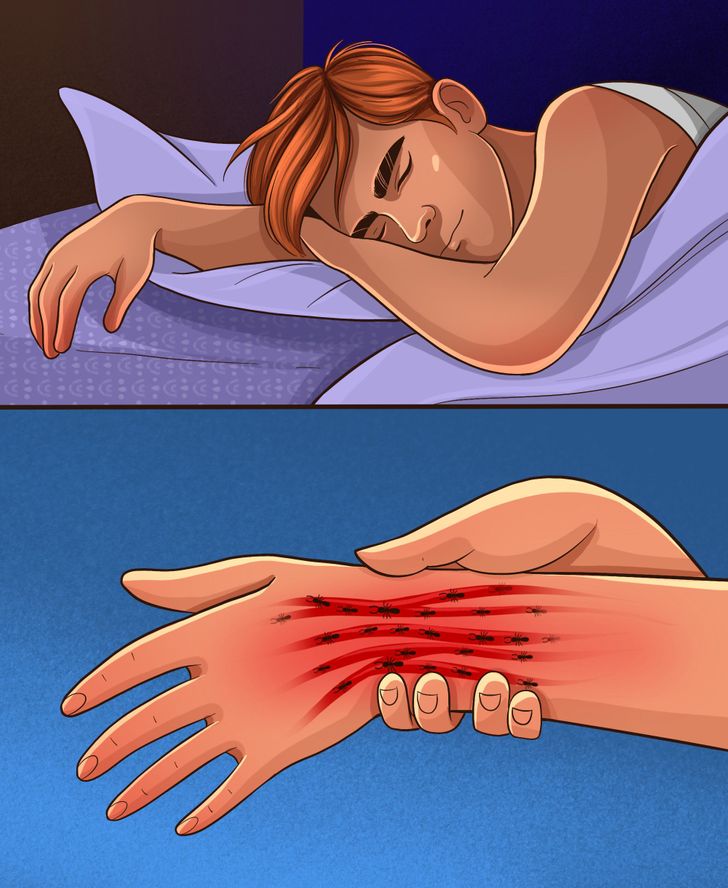
It will come as no surprise to say that at some point in our lives, we all experience what is officially called transient paresthesia.
READ RELATED: Parkinson’s disease: The sign in your legs that could appear before a tremor
You may have described this as a part of your body that “falls asleep” and is popularly known as “pins and needles.” This happens when we have been in the same position for a long time.
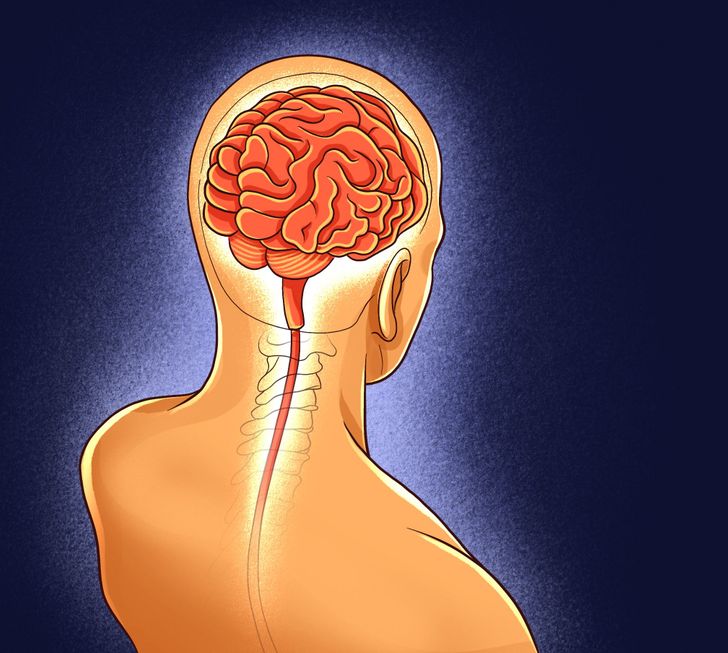
It also usually occurs when we sit cross-legged or fall asleep with one arm bent under the head. In most cases, this occurs when sustained pressure is exerted on a nerve, as mentioned above.
However, you should know that it can also be the result of an existing injury or some other underlying condition that involves damage to the nervous system, such as a nerve injury, a herniated disc, a tumor, or something else.
How Long Does The Tingling Sensation Last
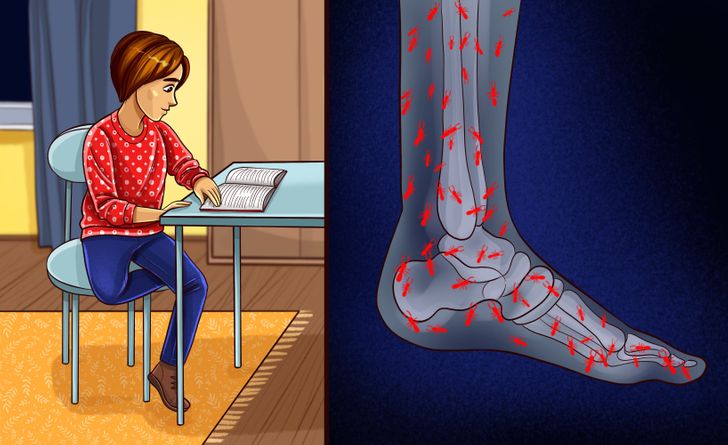
When suffering from paresthesia, the affected limb becomes numb and stiff, but at the same time remains flexible. This increases the sensitivity of the affected area when resting on a hard or soft surface and when it spreads to other parts of the affected limb.
The sensation of a numb limb usually disappears quickly as soon as the pressure on the affected nerve is relieved, causing the blood to circulate again.
For that to happen, you can simply move the sleeping part by exercising, stretching, or massaging it. The tingling gradually subsides until it disappears.
These Are Some Possible Consequences Of Paresthesia
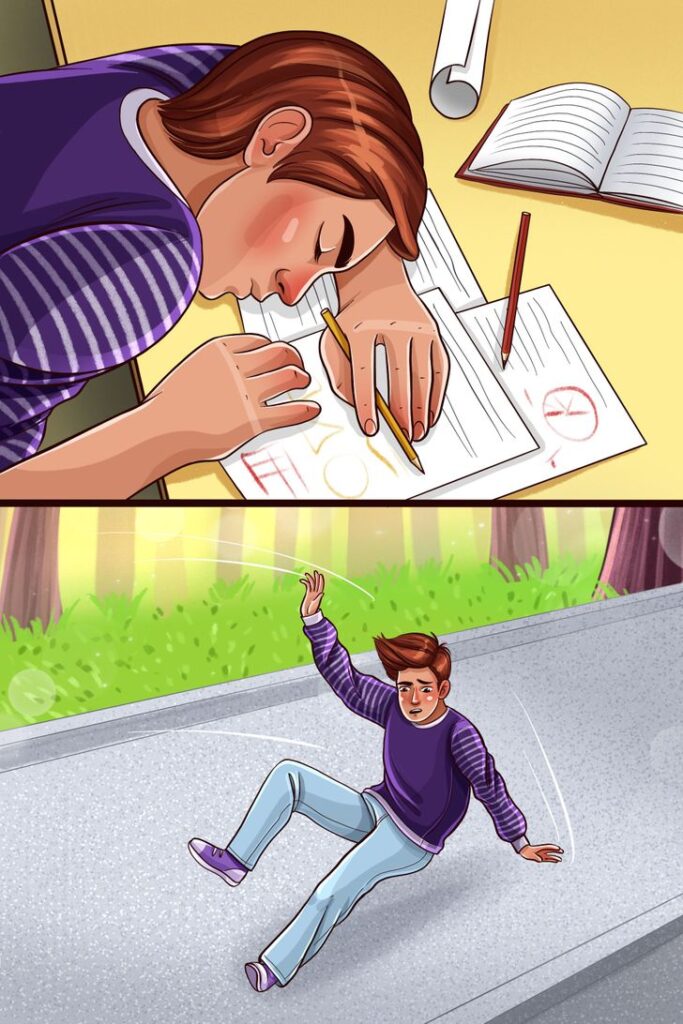
Still, due to the sensations that paresthesia produces, some consequences can occur. Some of them are:
- Blood circulation problems
- Adoption of abnormal postures during sleep, resulting in various disorders from tiredness or lack of sleep.
- Difficulty walking or driving
- Increased risk of falling
When Paresthesia Becomes Chronic
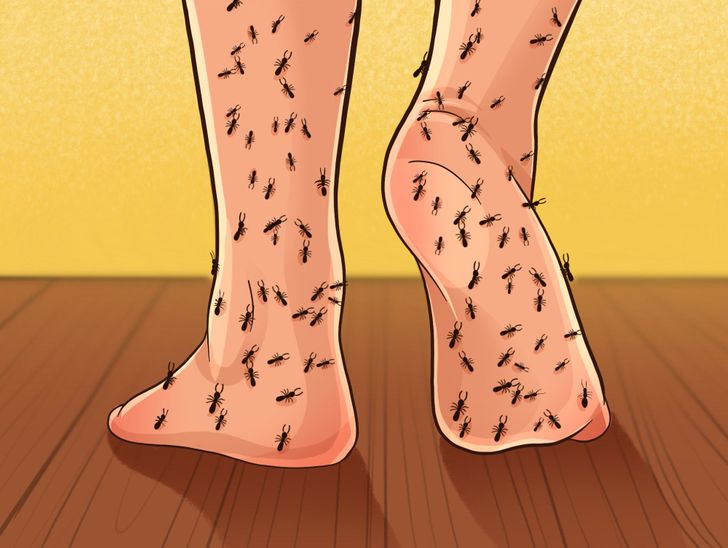
If this strange tingling sensation occurs to you or someone you know regularly, we may be dealing with a case of chronic paresthesia. It is usually a symptom of neurological disease or a traumatic nerve injury.
It can be caused by disorders that affect the central nervous system in the first place. Some of them can be a stroke, multiple sclerosis, or encephalitis.
A tumor or vascular injury can also be the cause of this problem. Some syndromes, such as carpal tunnel syndrome, can damage peripheral nerves and cause paresthesia accompanied by pain.
Do you usually suffer from paresthesia? What is most irritating to you about this? Do you have any tips to make pins and needles go away quickly?
Source: crfatsides








